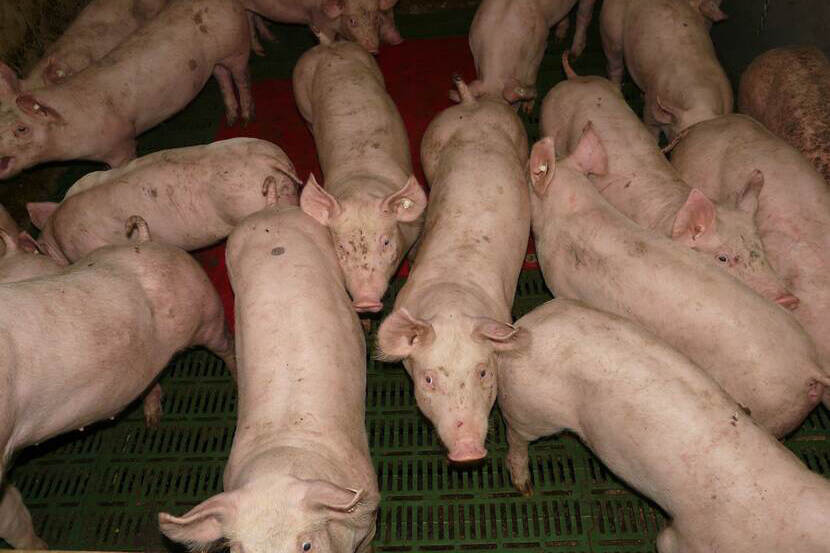African swine fever has returned to South Korean farms
African swine fever (ASF) has returned to South Korean farms after seven months, as two cases were confirmed on May 5 2021 at a pig farm with 401 pigs in Yeongwol County, Gangwon Province. Although ASF is not fatal for humans, it is very deadly for the pigs. Due to the recent outbreak all domesticated pigs at the farm were culled immediately.

South Korea has controlled African swine fever by installing fences to prevent wild boars from entering from North Korea. This measure was effective for a limited period. However, a total of 11 ASF cases have recently been discovered from wild boars in Yeongwol County, 150 km from the South-North Korean border, implying that some of wild boars have crossed the fences on the border, and reached the center of South Korea.
This is the first time that authorities have confirmed ASF from domesticated pigs. The last case of ASF in South Korea was discovered on Oct. 9, 2020, affecting entire families in the pig sector. Since the previous outbreak of ASF in South Korea in September 2019, South Korea has culled more than 450,000 farmed pigs throughout the country and hundreds of wild boars.
After the latest confirmed ASF case, the national government immediately reacted by putting a control plan to tackle the disease and a 48-hour standstill order was imposed on livestock-related facilities in Gangwon Province, Gyeonggi Province and North Chungcheong Province. ASF cases have been discovered in wild boars in these three provinces. South Korean government vowed to heighten virus control measures to contain the virus from spreading, as the outbreak could disturb the supply and demand of pork products sold and distributed throughout the country while threatening the livelihoods of local pig farmers.
The Ministry of Environment and the Ministry of Agriculture, Food and Rural Affairs will install more fences to prevent the movement of wild boars while dispatching more vehicles to intensify their disinfection efforts. Although there is no vaccine or cure available for this disease, the South Korean government previously compensated the pig farmers for their loss to counteract for the economic impact. At the same time compensation has been made available for farmers to renovate their facilities to meet the biosecurity recommendations by the Korean government.
Source: MAFRA and Korea Herald